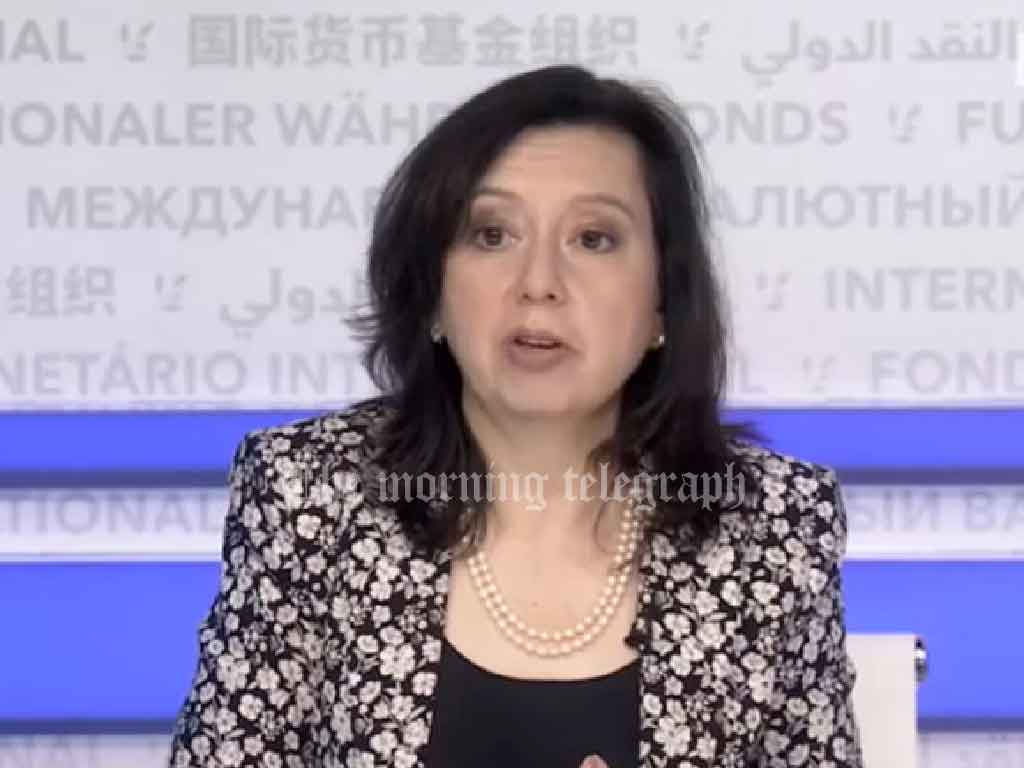
The International Monetary Fund (IMF) has stated that the release of the next loan tranche to Sri Lanka will depend on whether the country’s 2025 budget proposal aligns with the IMF program and agreed economic reforms.
Speaking at a press conference at IMF headquarters, IMF Communications Director Julie Kozack confirmed that the institution is closely monitoring the upcoming budget, as it plays a critical role in determining Sri Lanka’s fiscal discipline, revenue generation, and economic stability measures.
Kozack noted that once the budget is presented, a staff-level review will be conducted to evaluate its compliance with IMF-backed policy recommendations, including reducing the fiscal deficit, implementing structural reforms, and maintaining monetary stability. The success of this review will determine whether the next tranche of IMF financial assistance is released.
The IMF’s insistence on budget compliance underscores the importance of fiscal responsibility, especially as Sri Lanka continues its economic recovery following its 2022 financial crisis and sovereign debt default. The IMF has repeatedly emphasized the need for strong revenue-based fiscal consolidation, urging the Sri Lankan government to increase tax collection, reduce wasteful expenditures, and implement long-term structural reforms to ensure sustainable economic growth.
The IMF’s extended funding program is seen as critical for Sri Lanka, both in stabilizing its economy and maintaining investor confidence. However, the IMF has also warned that any deviation from agreed economic policies—such as excessive government spending, overreliance on monetary expansion, or delays in tax reforms—could jeopardize future disbursements.
With the next loan tranche hanging in the balance, Sri Lanka faces the challenge of balancing fiscal responsibility with economic recovery efforts, ensuring that the budget meets IMF expectations while addressing domestic economic concerns.




